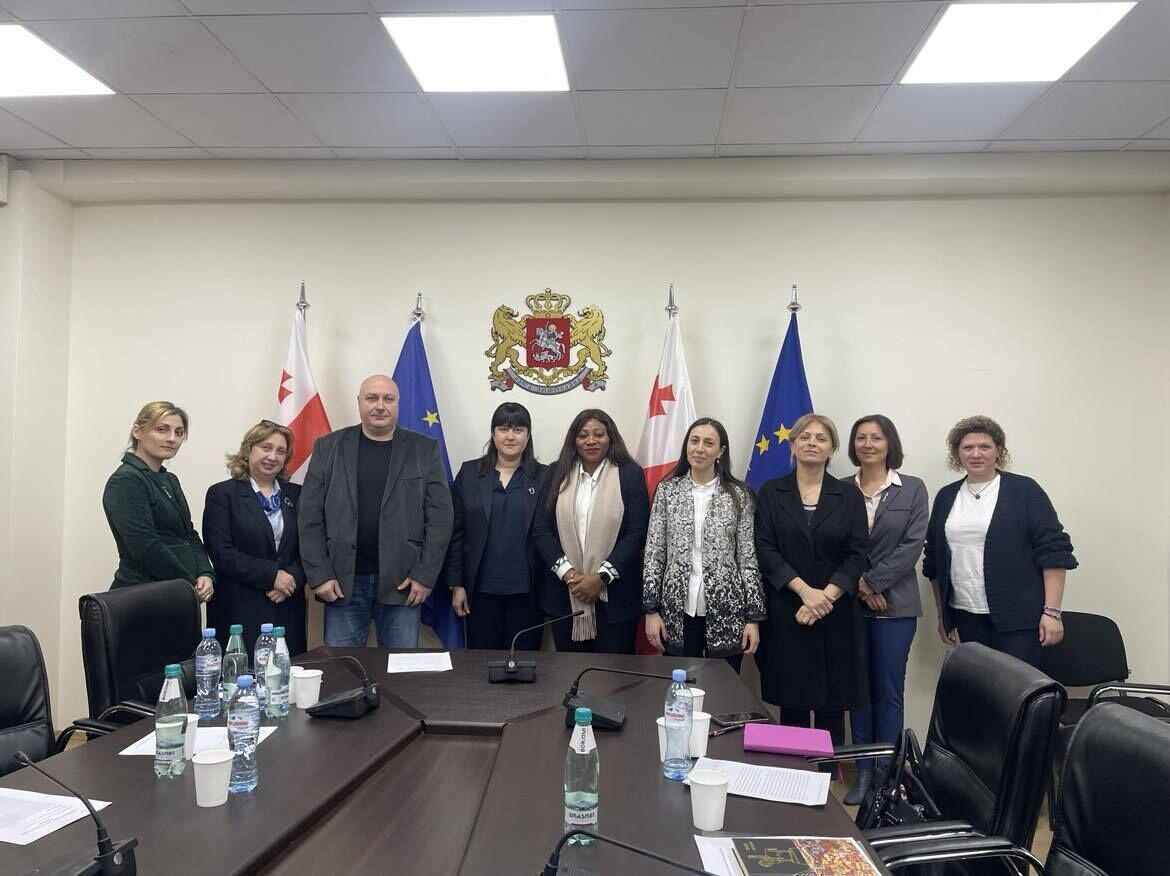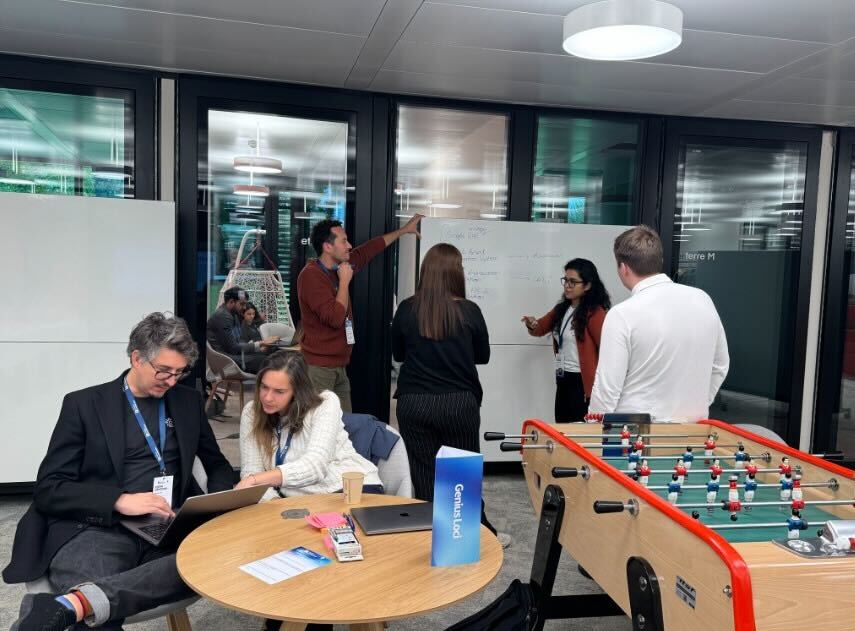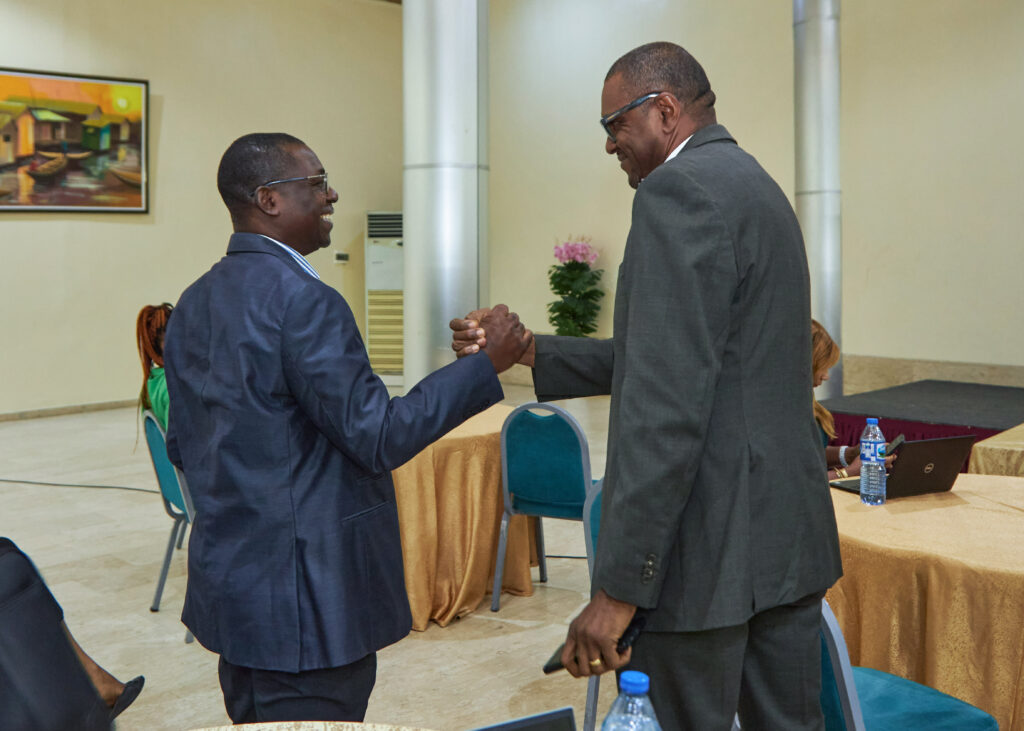
The Government of Georgia has entered a partnership with the City Cancer Challenge Foundation (C/Can) to establish improved policies for the quality of cancer care in Georgia, and implement multiple care projects that result from the C/Can initiative.
The capital city of Tbilisi joined the C/Can network in 2019, where local stakeholders across sectors were convened to collectively identify and improve urgent cancer care gaps. Over 170 healthcare professionals, 100 patients and 27 organisations have contributed to efforts over four years, which include:
- Expansion to the list of cancer medicines covered by Georgia’s Universal Health Care
- Enhancements to the National Cancer Registry
- Budget forecast for cancer diagnostic tests reimbursement
- Improved standardisations and guidelines for pathology laboratories and the management of breast and cervical cancer
- Continuous training for the cancer care workforce
- Operationalization of multidisciplinary cancer care management teams.
Head of the Department of Healthcare and Social services of Tbilisi City Hall, Gela Chiviashvili said
Tbilisi was the first city in Eastern Europe to join the C/Can network. The capital of Georgia has successfully achieved the goals set in the initial phase, with a multisectoral team now in place for the development and implementation of targeted projects. The successful completion of projects is the most important step to ensure long-term effectiveness in the process of cancer care.
The Ministry of Health is set to rekindle a national cancer board and a dedicated network of experts that will be responsible for the ongoing implementation of care improvements. The Ministry also developed a provisional budget forecast to reimburse cancer diagnostic tests for all cancer types as part of the country’s Universal Health Care Program. This is a result of local stakeholders presenting a data model with C/Can’s support, which provided a comprehensive plan for test coverage and transparent pricing, with the technical support of PwC and the financial support of the Swiss Embassy in Georgia.
Tbilisi also recently hosted a workshop led by the Georgian Ministry of Health, with the World Health Organisation, clinical experts and C/Can on how to integrate the Global Breast Cancer Initiative (GBCI) Framework into their health setting. Leveraging Tbilisi’s committed cancer care network, an action plan will be developed on how to bring evidence from the framework and its recommendations into life.
Isabel Mestres, CEO for C/Can said
The progress that Tbilisi has made to generate care improvements has been incredible. All of the cancer care stakeholders who have been involved and championing cross-sector collaboration are creating a ripple effect, building a model for lasting change.





